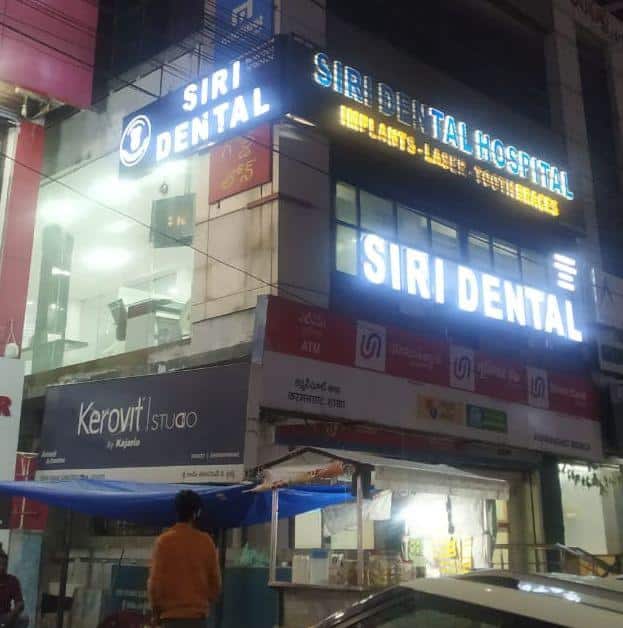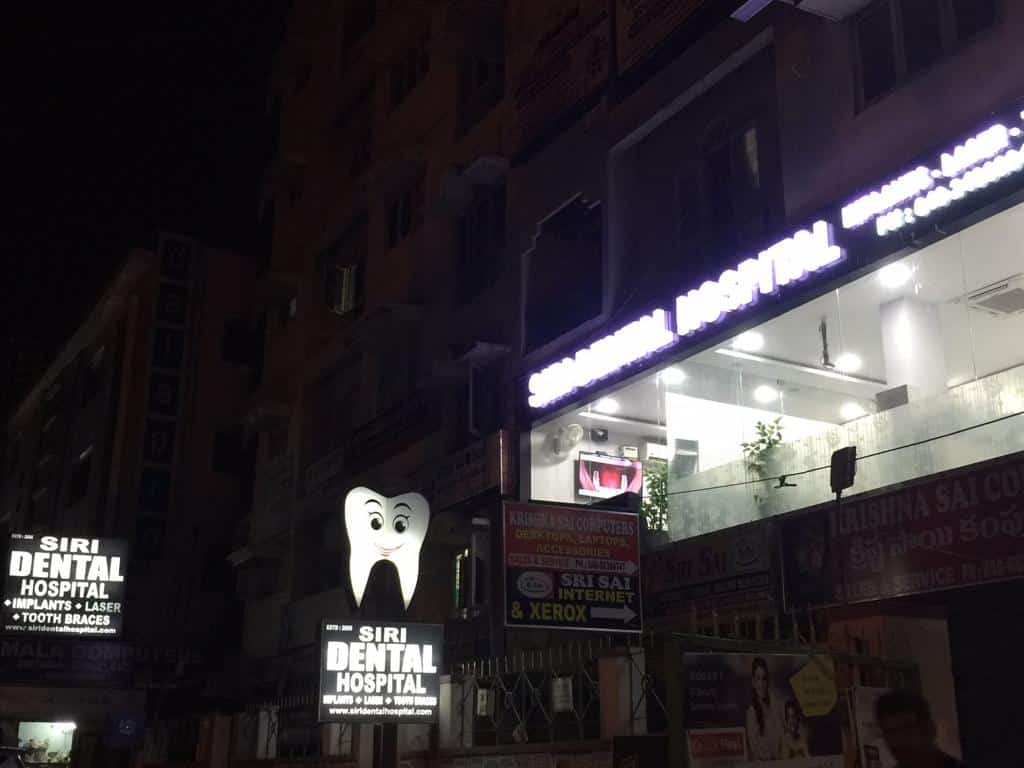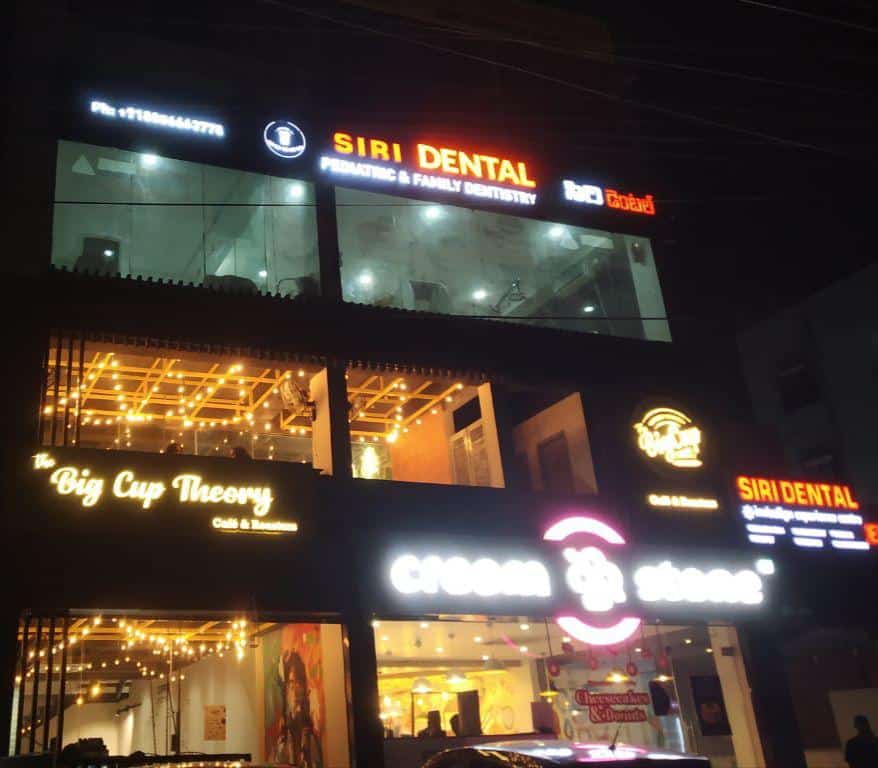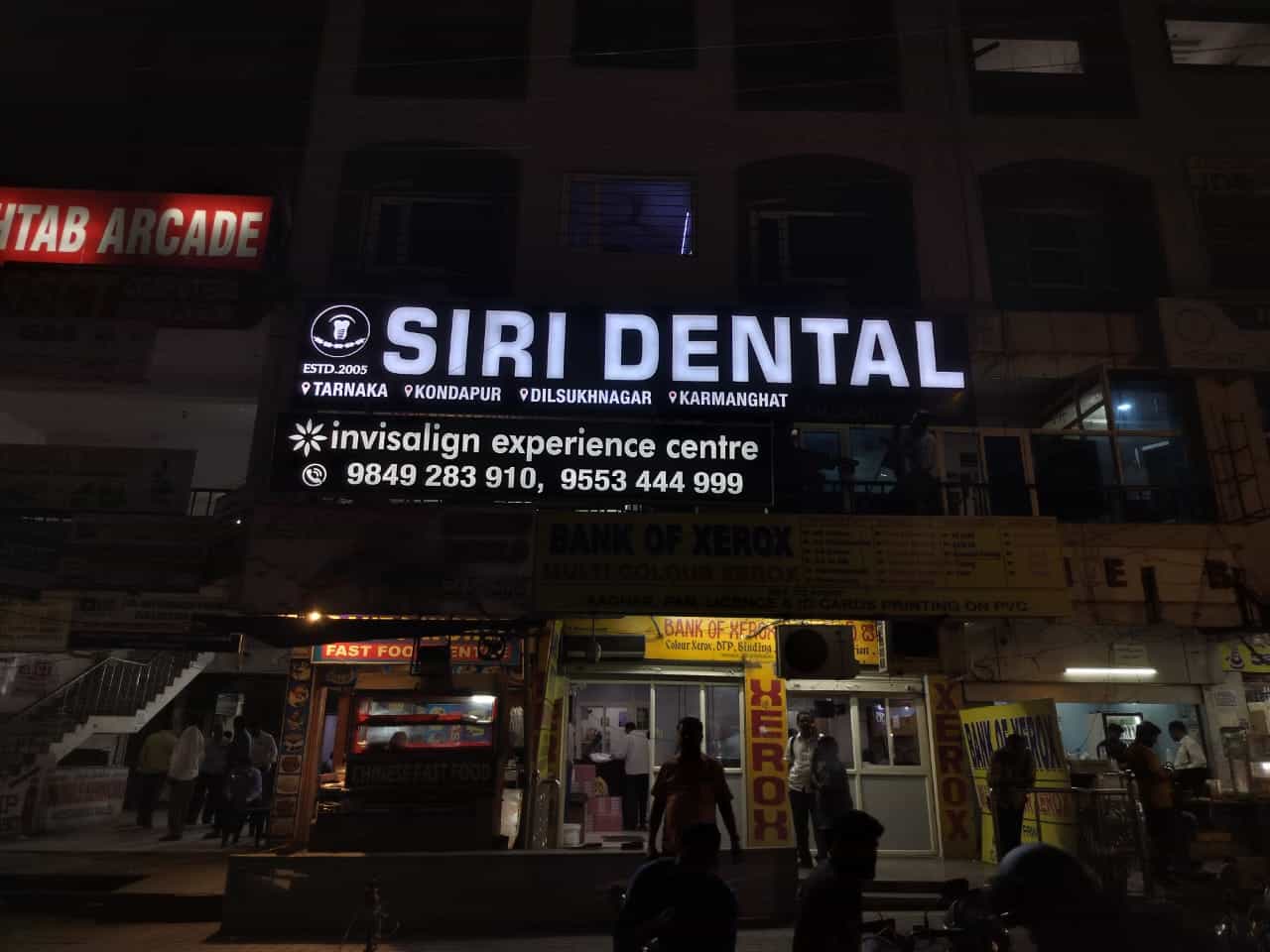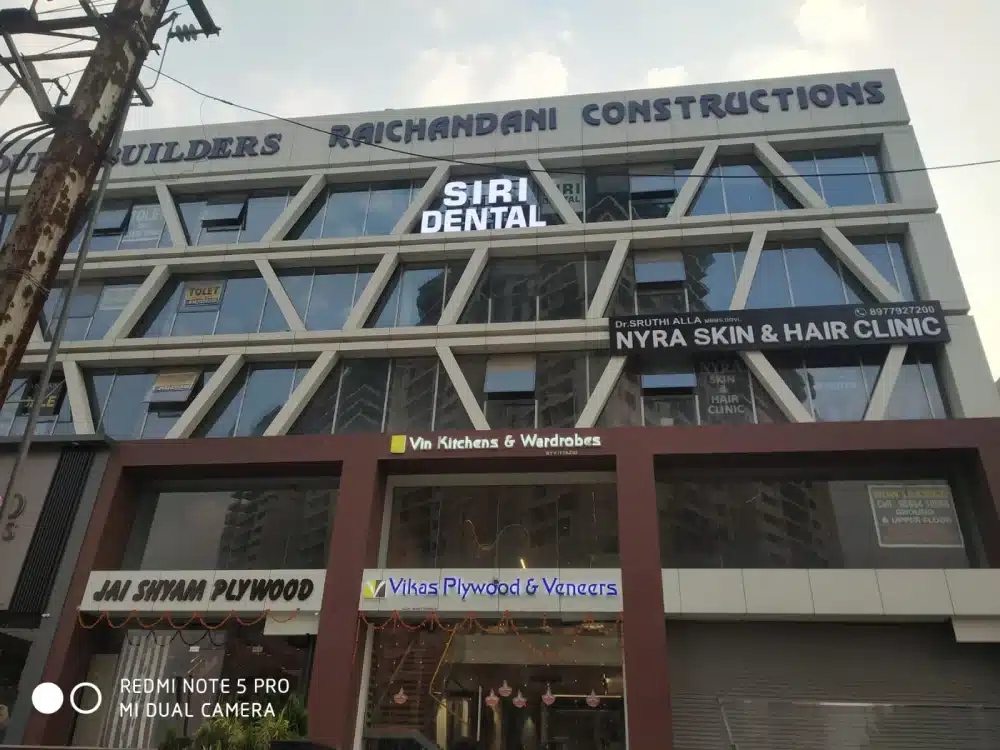Teeth Grinding (Bruxism and Bruxomania)
- Compulsive grinding of the teeth (while awake or at night)
- Most people grind and clench their teeth from time to time. Habitual teeth grinding is as called bruxism.
- It does not usually cause harm, but when it occurs on a regular basis the teeth can be damaged and other oral health complications can arise.
- Teeth grinding can be caused and aggravated by stress and anxiety.
- It often occurs during sleep and is more likely caused by an abnormal bite, missing or crooked teeth.
- It can also be caused by a sleep disorder such as sleep apnea.
- As grinding often occurs during sleep, most people are unaware that they grind their teeth. However, a dull, constant headache or sore jaw when you wake up is a tell tale symptom of bruxism.
- If you suspect you may be grinding your teeth, talk to your dentist. He or she can examine your mouth and jaw for signs of bruxism, such as jaw tenderness and excessive wear on your teeth.
- Your dentist can fit you with a mouth guard to protect your teeth from grinding during sleep.
Other tips to help you stop teeth grinding include:
- Good choice for adolescents, college goers , who are usually conscious about their looks.
- Avoid alcohol. Grinding tends to intensify after alcohol consumption.
- Do not chew on pencils or pens or anything that is not food.
- Avoid chewing gum as it allows your jawmuscles to get more used to clenching and makes you more likely to grind your teeth.
- Train yourself not to clench or grind your teeth. If you notice that you clench or grind during the day, position the tip of your tongue between your teeth. This practice trains your jaw muscles to relax.
- Relax your jaw muscles at night by holding a warm washcloth against your cheek in front of your earlobe.
Treatment :
- A bite guard is given that can be worn during the night or day depending on the severity and the wear of the guard is assessed over a period of time.
- The guard acts like a splint to separate the upper and lower teeth and will ease our muscle pain. If any.
- Follow up visits are planned, to see the severity of teeth grinding and monitor any TMJ issues.
ALL TREATMENTS
ORTHODONTICS
Tooth Aligning (with Braces)
-
Metal BracesMetal Braces
-
Fast BracesFast Braces
-
Teeth GrindingTeeth Grinding
(Bruxism and Bruxomania)
(Bruxism and Bruxomania)
ALIGNERS TREATMENT
Tooth Aligning (without Braces)
-
INVISALIGN® (Platinum Elite Provider)INVISALIGN® (Platinum Elite Provider)
-
SIRI ALIGNERSSIRI ALIGNERS
ENDODONTICS &
CONSERVATIVE DENTISTRY
(Treatment of decayed teeth)
-
Root Canal FillingsRoot Canal Fillings
-
Dental FillingsDental Fillings
SURGICAL DENTISTRY
-
Wisdom Tooth RemovalWisdom Tooth Removal
-
Teeth ExtractionTeeth Extraction
-
ApicectomyApicectomy
-
Cyst EnucleationsCyst Enucleations
PROSTHODONTICS
-
Crowns & BridgesCrowns & Bridges
-
Implant ProsthesisImplant Prosthesis
PROSTHO FOR GERIATRIC PATIENTS
-
Complete Dentures (CD)Complete Dentures (CD)
-
Removal Partial Denture (RPD)Removal Partial Denture (RPD)
-
Implant Supported DenturesImplant Supported Dentures
-
Over Dentures (Both Tooth/Implants)Over Dentures (Both Tooth/Implants)
PEDODONTICS
-
Kids WorldKids World
-
Pulp TherapyPulp Therapy
-
Pit & Fissure SealantPit & Fissure Sealant
-
Jaw Growth ModulationJaw Growth Modulation
-
Infant Oral CareInfant Oral Care
-
Pregnancy Oral CarePregnancy Oral Care
-
RCT for KidsRCT for Kids
-
Dental Crowns for KidsDental Crowns for Kids
-
Appliance Planning at Different stagesAppliance Planning at Different stages
COSMETIC
-
Smile DesignSmile Design
-
BleachingBleaching
-
Cosmetic Composite FillingsCosmetic Composite Fillings
-
Veneers / LaminatesVeneers / Laminates
-
Dental CrownsDental Crowns
-
Tooth JewelleryTooth Jewellery
DENTAL IMPLANTS
-
Full Mouth RehabilitationFull Mouth Rehabilitation
-
Single ImplantsSingle Implants
-
Basic / Advanced ImplantsBasic / Advanced Implants
PERIODONTICS
- GUM CARE
-
ScalingScaling
-
Flap SurgeryFlap Surgery
-
Cosmetic Gum SurgeryCosmetic Gum Surgery
-
Dental curettageDental curettage
-
Laser TreatmentLaser Treatment
GENERAL DENTISTRY
-
Emergency CareEmergency Care
-
Teeth SensitivityTeeth Sensitivity
-
Jaw Joint ProblemsJaw Joint Problems
-
Special People CareSpecial People Care
-
Trauma Immediate CareTrauma Immediate Care



